
Rinaldo is an opera by George Frideric Handel, composed in 1711, and was the first Italian language opera written specifically for the London stage. The libretto was prepared by Giacomo Rossi from a scenario provided by Aaron Hill, and the work was first performed at the Queen's Theatre in London's Haymarket on 24 February 1711. The story of love, war and redemption, set at the time of the First Crusade, is loosely based on Torquato Tasso's epic poem Gerusalemme liberata, and its staging involved many original and vivid effects. It was a great success with the public, despite negative reactions from literary critics hostile to the contemporary trend towards Italian entertainment in English theatres.
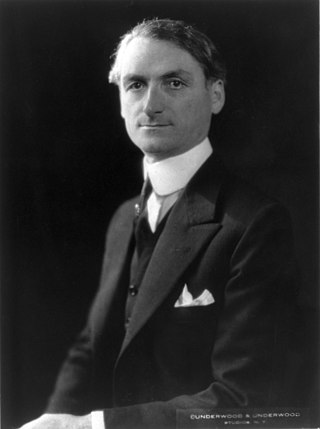
Italo Montemezzi was an Italian composer. He is best known for his opera L'amore dei tre re, once part of the standard repertoire. It is now seldom performed.

I Lombardi alla Prima Crociata is an operatic dramma lirico in four acts by Giuseppe Verdi to an Italian libretto by Temistocle Solera, based on an epic poem by Tommaso Grossi, which was "very much a child of its age; a grand historical novel with a patriotic slant". Its first performance was given at the Teatro alla Scala in Milan on 11 February 1843. Verdi dedicated the score to Maria Luigia, the Habsburg Duchess of Parma, who died a few weeks after the premiere. In 1847, the opera was significantly revised to become Verdi's first grand opera for performances in France at the Salle Le Peletier of the Paris Opera under the title of Jérusalem.

Armida is the fictional character of a Saracen sorceress, created by the Italian late Renaissance poet Torquato Tasso.

L'amore dei tre re is an opera in three acts by Italo Montemezzi. Its Italian-language libretto was written by playwright Sem Benelli who based it on his play of the same title.

La nave is an opera in a prologue and three "episodes" by Italian composer Italo Montemezzi. Its Italian-language libretto was adapted by Tito Ricordi from Gabriele D'Annunzio's 1908 play of the same name. It premiered at La Scala in Milan on 3 November 1918.
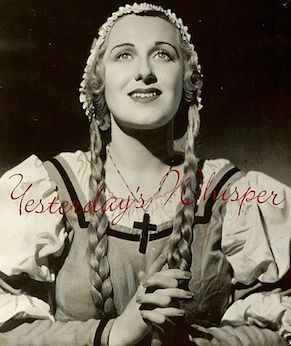
Vivian Della Chiesa was an American lyric soprano who achieved a high level of popularity in the United States singing on the radio during the 1940s and the early 1950s.
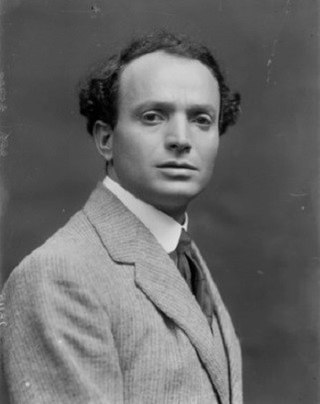
Sem Benelli was an Italian playwright, essayist and librettist. He provided the texts for several noted Italian operas, including Italo Montemezzi's L'amore dei tre re and L'incantesimo, and Umberto Giordano's La cena delle beffe, based on Benelli's own play of the same title. He was a native of Prato. His dramatic play of La Gorgona was first staged in Trieste in 1913.

Gemma Bellincioni was an Italian dramatic soprano and one of the best-known opera singers of the late 19th century. She had a particular affinity with the verismo repertoire and was renowned more for her charismatic acting than for the quality of her voice.

Armida is an opera in three acts by Italian composer Gioachino Rossini to an Italian libretto by Giovanni Schmidt, based on scenes from Gerusalemme liberata by Torquato Tasso.

Francesco Albanese was a lyric tenor, particularly associated with the Italian repertory.
Carlo Galeffi was a leading Italian baritone, particularly associated with the operatic works of Giuseppe Verdi and the various verismo composers.

Armida Abbandonata is an opera in three acts by the Italian composer Niccolò Jommelli. The libretto, by Francesco Saverio De Rogatis, is based on the epic poem Jerusalem Delivered by Torquato Tasso. The opera was first performed at the Teatro San Carlo, Naples, on 30 May 1770. The young Wolfgang Amadeus Mozart was in the audience. He described the work as "beautiful but too serious and old-fashioned for the theatre". Nevertheless, despite a lukewarm reception at its premiere, Armida abbandonata was widely performed throughout Italy in the following years.

Eugenia Tadolini was an Italian operatic soprano. Admired for the beauty of her voice and stage presence, she was one of Donizetti's favourite singers. During her career she created over 20 leading roles, including the title roles in Donizetti's Linda di Chamounix and Maria di Rohan and Verdi's Alzira. She was born in Forlì and studied music there and in Bologna before making her debut in Florence in 1828. She sang in all of Italy's leading opera houses, as well as in Paris, Vienna, and London before retiring from the stage in 1852. She spent her remaining years first in Naples, where she had been the Teatro San Carlo's reigning prima donna for many years, and then in Paris, where she died of typhoid fever at the age of 63. From 1827 to 1834, she was married to the Italian composer and singing teacher, Giovanni Tadolini.

Teatro Grattacielo is a professional opera company based in New York City specializing in concert performances of rarely heard verismo operas. The company's past performances have included the North American premieres of Mascagni's Il piccolo Marat and Riccardo Zandonai's I cavalieri di Ekebù and La farsa amorosa. Its name means "Skyscraper Theatre" in Italian, a reference not only to the New York skyline but also to the Teatro Grattacielo in Genoa, a cinema which was the city's temporary opera house while the Teatro Carlo Felice was rebuilt after extensive damage in World War II.

Gloria is a tragic opera in three acts by Francesco Cilea with an Italian libretto by Arturo Colautti. A variation on the Romeo and Juliet story and set in 14th century Siena, the libretto is based on Victorien Sardou's 1874 play La Haine (Hatred). The opera premiered on 15 April 1907 at La Scala conducted by Arturo Toscanini with Solomiya Krushelnytska in the title role. Gloria was a failure at its premiere when it was withdrawn after two performances and fared little better in the 1932 revised version, although there have been two late 20th century revivals. It proved to be Cilea's last staged opera. In the 43 years following the premiere of Gloria he worked on two or three further operas which were never performed and continued to compose chamber and orchestral music.
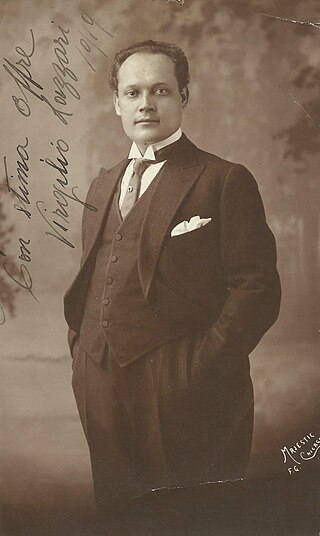
Virgilio Lazzari was an Italian operatic bass who had an active international performance career from 1908 to 1953. He had lengthy associations with the Chicago Civic Opera (1918–1932) and the Metropolitan Opera (1933–1950), and frequently performed at the Salzburg Festival during the 1930s. He appeared as a guest artist with opera houses internationally, including the Royal Opera House, the Teatro Colón, and the Teatro Carlo Felice among others.

Maria Carbone was an Italian operatic soprano. She created the lead female roles in two of Gian Francesco Malipiero's operas: the title role in Ecuba and Cleopatra in Antonio e Cleopatra.
Roberto Moranzoni was an Italian conductor, principally of opera.
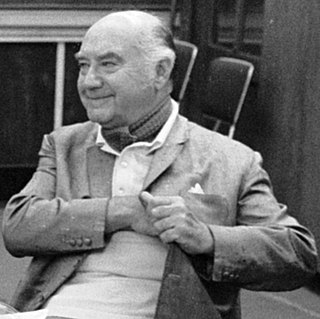
Sándor Svéd, also known as Alexander Sved in the United States, was a Hungarian baritone who had an active international career in operas and concerts from 1928 until his retirement from the stage in 1958. He performed lead roles at several important opera houses, including the Metropolitan Opera, the Vienna State Opera, and the Royal Opera House, Covent Garden. In 1943 he performed the role of Folco in the world premiere of Italo Montemezzi's L'incantesimo. He made several recordings during his career, both on record and on radio; including multiple performances for the Metropolitan Opera radio broadcasts.
















